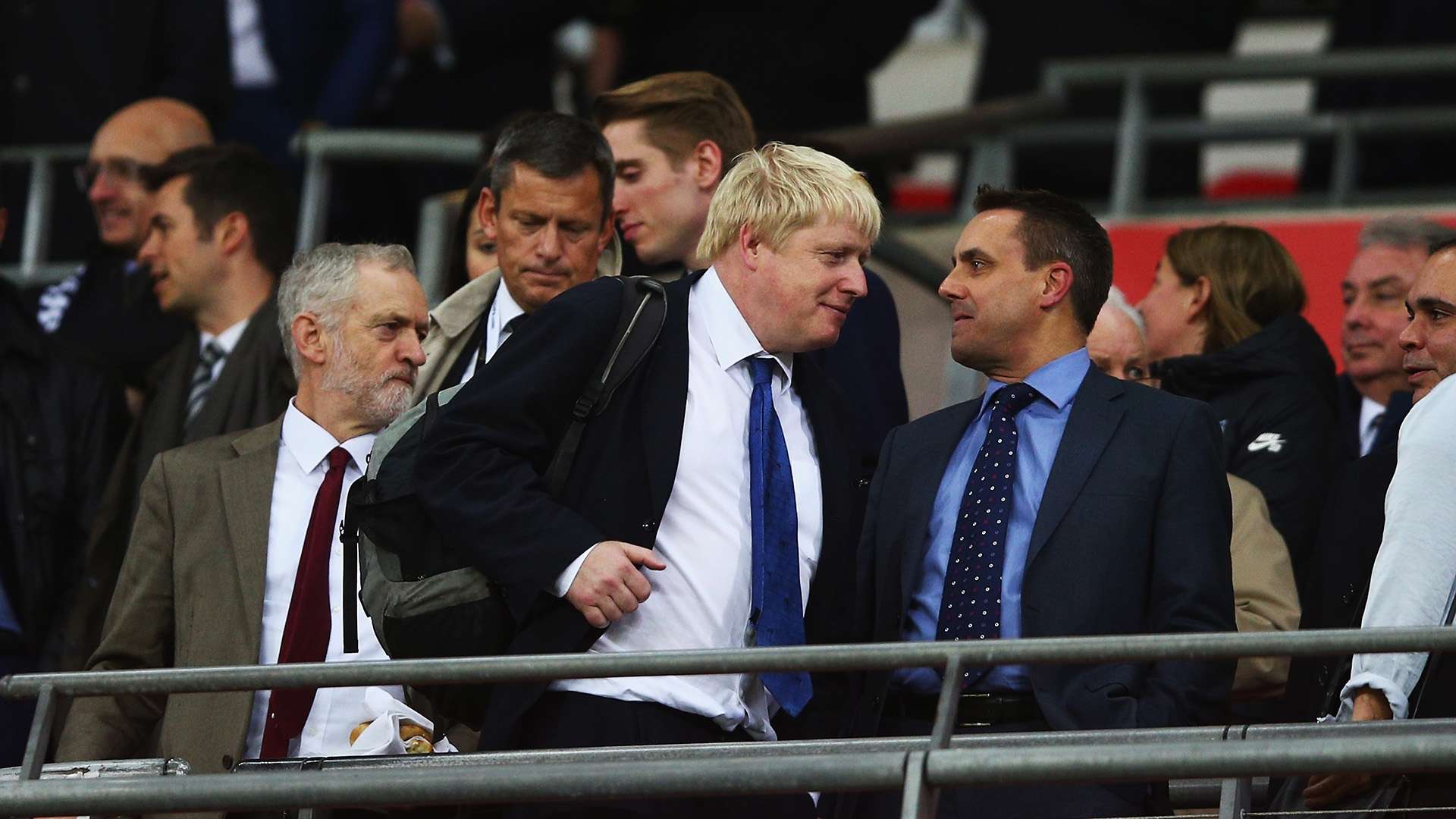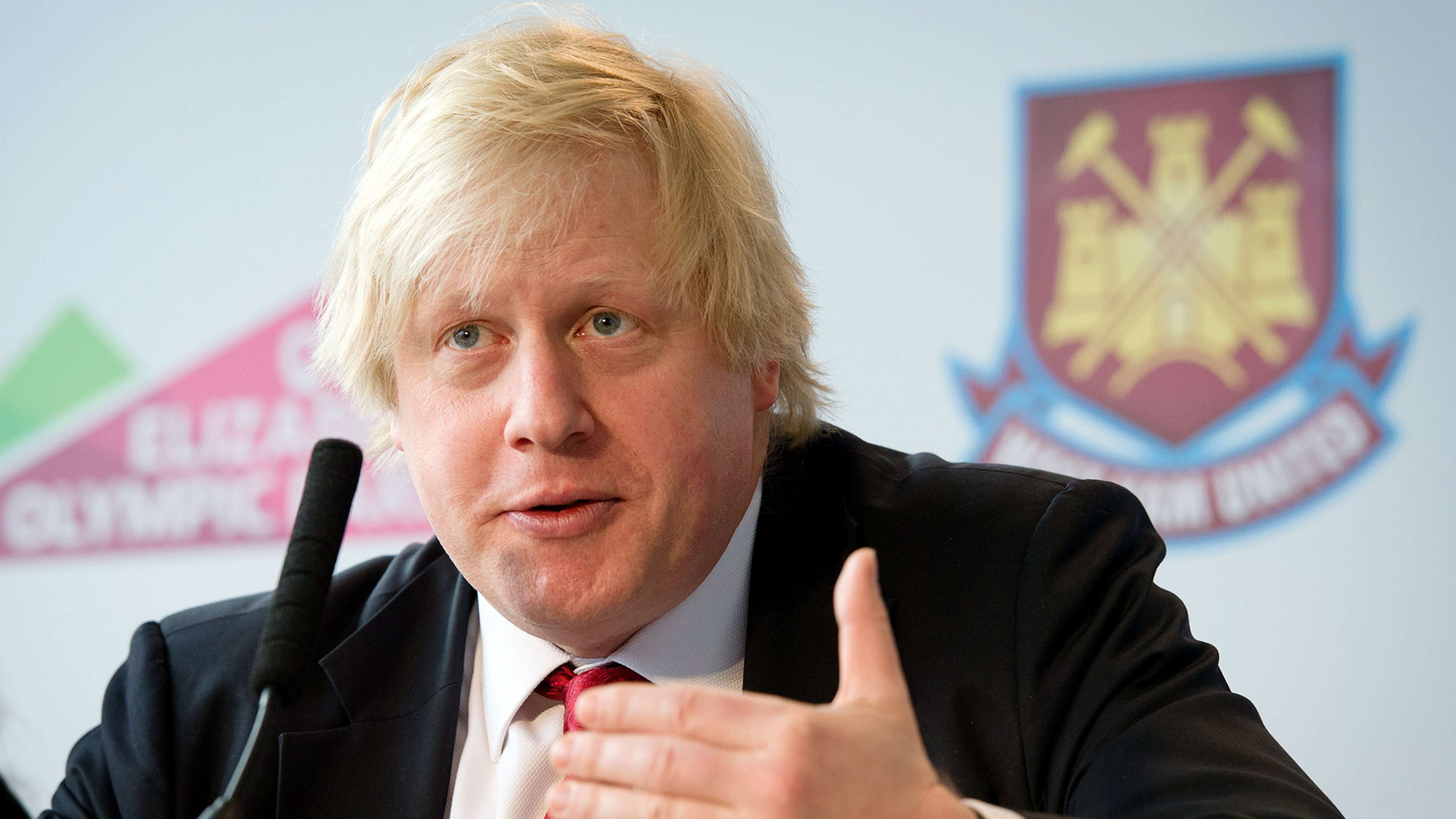The worlds of sport and politics frequently intersect, with most politicians keenly aware of the prestige that can accompany even the most perfunctory association with athletic glory.
Conservative MP Boris Johnson, who could very well be the next Prime Minister of the United Kingdom, is someone who fully understands the value of sport as a vehicle for acquiring political capital.
While rugby is his first love, having played for Balliol College during his time at Oxford, he has also displayed an interest in football, infamously flattening former Germany international Maurizio Gaudino in a 2006 charity match.
He was also involved in England's unsuccessful bid to host the 2018 World Cup and, during his time as mayor of London, developed a relationship with a number of clubs.
So does he support a team?
When it comes to club allegiance, Johnson is a classic fence-sitter and refuses to nail his colours to the mast.
In 2015, mid-way through his second term as mayor of London, he explained that he his sympathies were spread across the capital.
"I support all of the London teams," Johnson said, before adding that his children were actually Newcastle United fans.
 Getty Images
Getty Images
Of course, such an answer is politically expedient and unsurprising. It is also fair to say that the support is merely cursory, given the deep rivalries that exist among many of the London clubs.
In the absence of any further clarification the most we can say is that Johnson hopes the likes of Arsenal, Tottenham, Chelsea, West Ham and Crystal Palace do well.
What we can say for sure though is that Johnson does support the England national team and has attended matches at Wembley, sitting alongside political friends and foes to cheer on the Three Lions.
Even though he was fiercely critical of Vladimir Putin and appeared to back a boycott of the 2018 World Cup, it did not stop him from expressing his support for Gareth Southgate's team.
Indeed, he wrote to British embassies across the world to urge them to fly the St George's flag from their buildings ahead of the last-16 victory over Colombia.
Then, when England defeated Sweden in the quarter-final, he readily joined the chorus of fans who cheerfully declared, "It's coming home" - a line from the popular song by David Baddiel, Frank Skinner and The Lightning Seeds.
